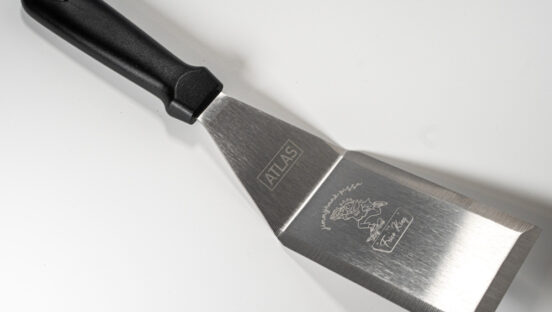The 6th Circuit Court of Appeals has ruled that pizza companies don’t have to pay the Internal Revenue Service’s standard mileage rate to delivery drivers who use their own vehicles for work. But employers also have to ensure that the drivers’ expenses don’t result in overall pay that’s lower than the minimum wage.
The ruling, issued on March 20, only directly impacts pizza companies in Kentucky, Michigan, Ohio and Tennessee for the time being. But it could lead to changes in other states as more appellate courts weigh in on the question.
The 6th Circuit ultimately returned the case to lower courts, including a federal district court in Michigan that had ruled in favor of the drivers—that they should be reimbursed according to the IRS’s mileage rate—and an Ohio court that ruled in the employers’ favor.
Related: This small pizza chain aims to make drone delivery a reality
According to law firm Fisher Phillips, the ruling came in the case of Parker v Battle Creek Pizza, Inc. and also applied to a companion case, Bradford v Team Pizza.
Delivery drivers filed a minimum wage claim under the Fair Labor Standards Act, arguing that their employers didn’t adequately reimburse their costs for gas, service, maintenance and other vehicle-related expenses. They wanted to be reimbursed at the IRS standard-mileage rate of roughly 67 cents per mile.
The employers, on the other hand, said a “reasonable approximation” standard for reimbursing those expenses was sufficient, whether or not the driver is fully reimbursed on actual costs.
The 6th Circuit “rejected both standards,” Fisher Phillips notes, and “ultimately sent the case back to the trial courts to determine what the appropriate standard should be.”
The appellate court ruled that employers don’t have to reimburse pizza drivers using the IRS standard-mileage rate, noting that the rate “does not even purport to measure the vehicle costs of any individual employee.” Rather, it’s a nationwide average, and using it could leave some drivers getting overpaid while others are underpaid. Instead, the court said the FLSA only requires the employer to reimburse the drivers’ actual cost as long as the cost doesn’t cut into the employee’s minimum wage or overtime pay.
But if a “reasonable approximation” of reimbursement underpays the driver—that is, if they end up earning below minimum wage due to the expenses of using their own car—it’s a violation of the FLSA, the court said.
“If an employer requires a minimum wage employee to provide his own ‘tools’ for work, the employer must reimburse him for 100% of the cost of doing so,” the 6th District panel stated.
If employees believe they are being underpaid, the burden of proof should fall on them, the court concluded. As Fisher Phillips explained, “The court suggested a burden-shifting analysis, which would require a driver to come forward with evidence of an inadequate reimbursement that causes wages to fall below the minimum wage floor. The burden then would shift to the employer to rebut the driver’s evidence by demonstrating that ‘the reimbursement bore a demonstrable relationship to the employee’s actual cost.’ The ultimate burden would return to the driver to prove the employer’s reasoning wrong.”
With both lawsuits being returned to the original district courts, the legal battle over how to reimburse pizza drivers for their vehicle expenses “isn’t over yet,” Fisher Phillips noted. “We would not be surprised to see the issue end up before other appellate courts across the country.”














